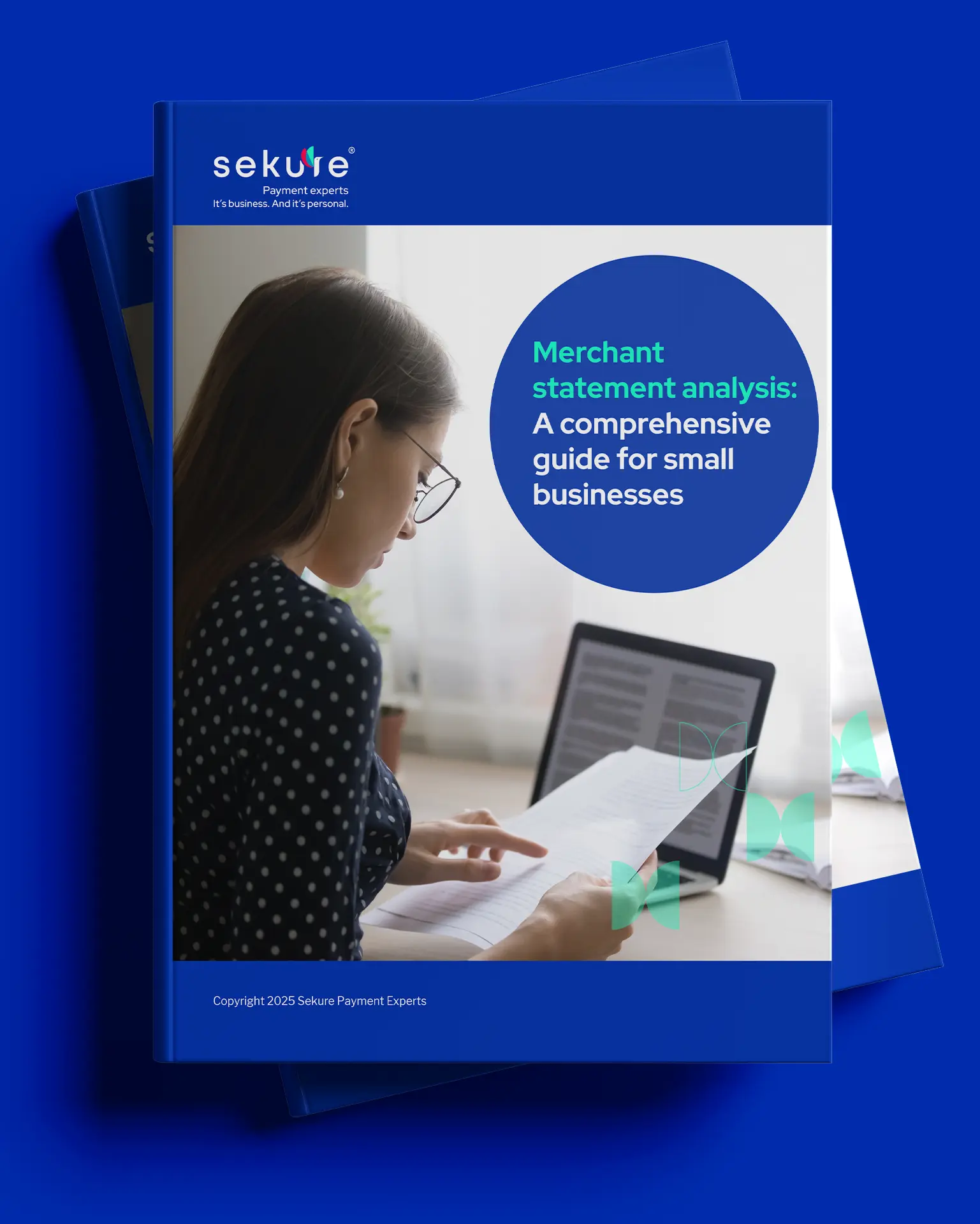As a small business owner, you may be wondering about credit card transaction rates and how they work. Credit card transactions are a necessary part of doing business in today's consumer-driven economy. While these transactions may come with some costs, it's important to understand the different fees and how they are determined so that you can minimize them and keep your business profitable.
Interchange fees: Determined and set by the issuing bank
Firstly, it is important to note that the issuing bank determines and sets interchange fees or rates. The issuing bank is the bank that distributes or offers the branded credit card (Visa, MasterCard, etc.) to the consumer. These fees may vary based on the type of card being used, the amount of the transaction, and the industry the business is in. The interchange fee is a payment made directly to the card issuer for the swiped transaction.
In addition to interchange fees, merchant services processors may also charge a fee to facilitate the transaction. These fees include monthly fees, per-transaction fees, equipment lease fees, and statement fees. Merchant service processors make their money through these fees as they do not receive any of the interchange fees.
Assessment fees are fees paid directly to the credit card network so that the merchant can use certain credit cards. This fee is based on monthly sales, not per transaction. When combined with the interchange fee, merchants refer to the total as a swipe fee.
Because processing companies assume most of the risks on each transaction, the riskier the transaction usually means the higher the cost will be for the merchant to process the said transaction. Each time a credit card transaction is processed, the credit issuer pays out the cash and then bills the consumer, who can pay quickly or default on a credit card balance. The retailer then gets paid without assuming any risk or very little risk. Confused when adding up all the fees? Make it easy for yourself with a simplified payment pricing option and know upfront what your month-to-month fees will be.
However, the merchant may be asked to pay a merchant fee that is consistent with the level of risk, costs, and losses incurred by the processor, particularly in case of a chargeback where the merchant could be out of the product and payment for the product. This cost is part of doing business and has become a vital service in today's consumer-driven economy.

Merchant processing rates: The importance of accessing competitive rates
Merchants may offset the cost of credit processing in several ways. Only accepting a qualified credit card is one step that merchants can take to keep their rates low. Another option is to only process cards that swipe and refuse to offer manual entry.
The merchant processing rates can be figured out based on several factors for each transaction. Ensuring that you are familiar with the way that fees are charged can help you get the best merchant rate on each transaction. Merchants who are referred to credit card processors by brokerages such as Sekure Payment Experts can access competitive rates that are rarely available to agents with specific geographic territories and represent only one processor.
Unfortunately, fixed pricing above interchange cost is not typically available or offered during the setup of your merchant account. Payment processing service providers frequently increase costs to drive up their profits, and hidden fees become the norm. If your volume fluctuates, so do your rates.
Sekure Payment Experts: Analyzing statements and lowering fees
At Sekure, our Payment Experts specialize in analyzing merchant statements, calculating savings, and lowering merchant fees. Upgrades, adjustments, repairs, and billing inquiries can all be addressed by us here at Sekure with just one phone call. Removing this tedious responsibility from the merchant frees up valuable time and ensures that all processing-related issues will be handled quickly and effectively.
A cost-plus structure with a small standardized percentage above interchange could give you long-term savings that many sales agents wouldn't even provide as an option. By discussing your payment processing needs with one of our account managers, we can offer effective solutions and access to resources that are tailored to you as a merchant.
In conclusion, credit card processing fees can be complex and can vary based on a number of factors, including the type of card being used, the amount of the transaction, and the industry the business is in. While these fees can eat into a business's profits, it's often necessary to accept credit cards in order to stay competitive in today's consumer-driven economy. By working with Sekure and our team of reputable Payment Experts, businesses can ensure they are getting the most competitive rates available and that any issues related to the processing will be handled quickly and effectively. It's important for businesses to stay informed about the fees associated with credit card processing and to take steps to minimize them, such as only accepting qualified credit cards and avoiding manual entry. By doing so, businesses can keep their costs low while still offering their customers the convenience of credit card payments.

Learn how to reduce credit card processing fees with our free statement analysis guide
- Identify key components of merchant statements
- Understand different pricing models
- Analyze processing fees
Categories

